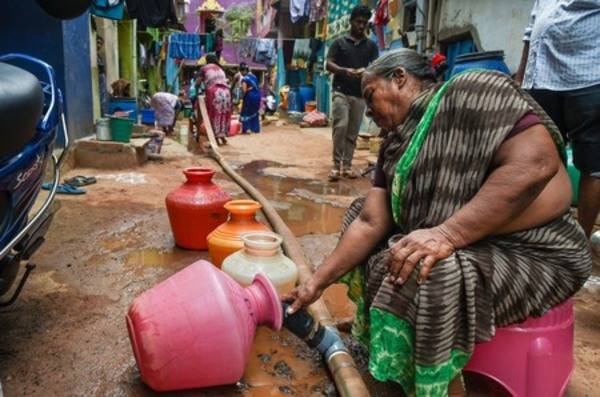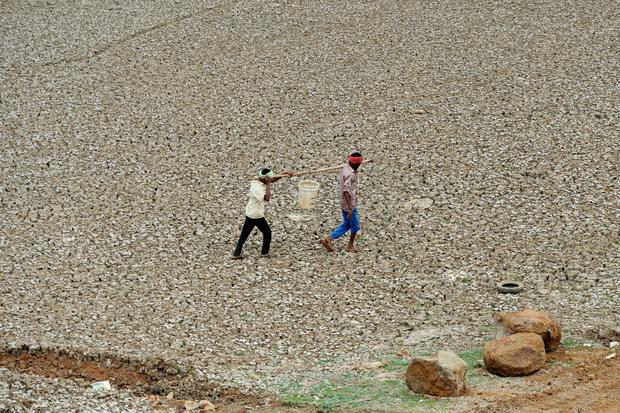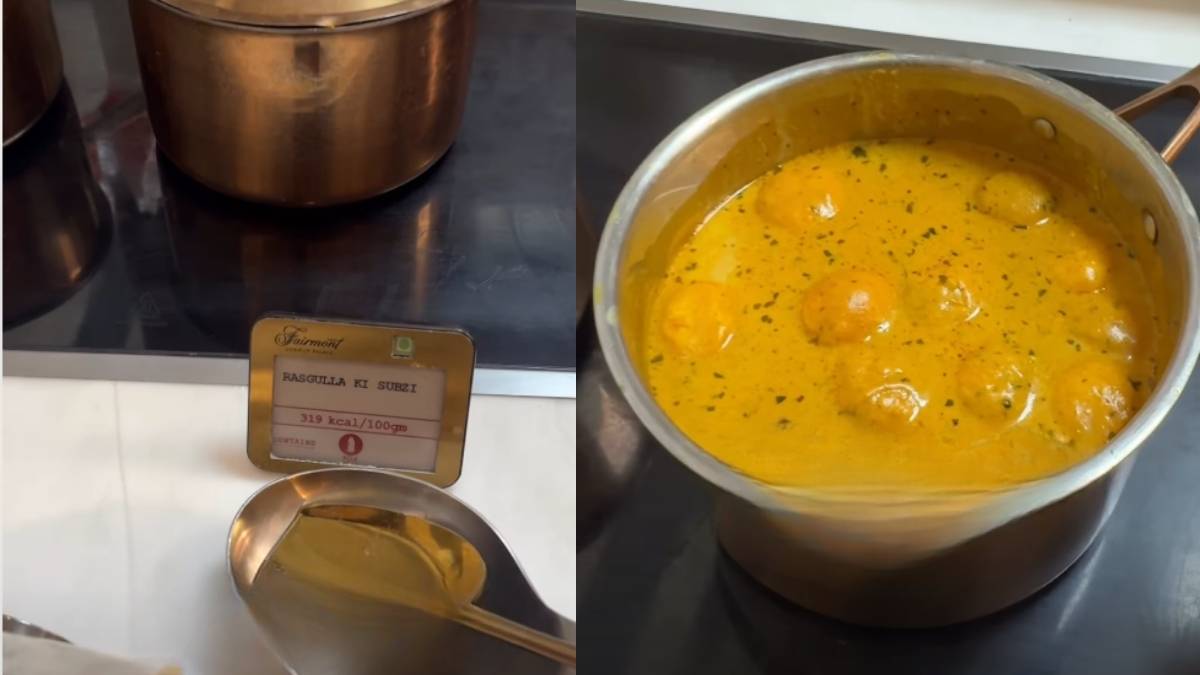We are all aware of the increasing threat to the climate as well as global warming increasing day by day. We should tell you that the matter can no longer be ignored, as some people are saying,”The end isn’t near; the end is here”. According to a report by Niti Ayog, 21 cities in India will run out of groundwater by next year and it should be a major concern for all of us because if no action is taken against it on time, then 40% of the Indian population will have no access to drinking water by 2030.

What Is It?
According to the report by Niti Ayog, 21 Indian cities including Delhi, Chennai, and Bengaluru will run out of groundwater. This shouldn’t sound surprising as Chennai was already in news for facing a water crisis. Despite having better water resources as compared to other metro cities, three rivers, four water bodies, 5 wetlands, and 6 forests have completely dried out in Chennai.
Also Read: Bengaluru, Hyderabad & Delhi to Run Out Of Ground Water By 2020
Water pots and utensils queueing up for kilometres, in one of the largest motropolitan cities of India, Chennai. #WaterCrisis looming large on 'new' India. pic.twitter.com/YcjCuMfXMQ
— Vimlendu Jha विमलेंदु झा (@vimlendu) June 24, 2019
If this continues then 40 per cent of the Indian population will not have any access to drinking water by the year 2030. For now the government is using desalination in Chennai, which is a very expensive process. It also has an adverse effect on the marine life as the process increases the saline level of the oceans.

Groundwater, which makes for 40 per cent of India’s water supply has been depleting since the past few years and the much awaited monsoon has not yet arrived in many part of the country. Other water resources in the country are also running dry and two third of India’s water reservoirs are running below normal water levels.
Also Read: Shimla Battles Water Crisis, Tourists Asked To Stay Away

But we need to realise that desalination or using ocean water is not a long time solution because eventually, all the resources will perish. The only solution to this problem is water harvesting.
What Does Water Harvesting Mean?
Water Harvesting means collecting rainwater and re-using it for other purposes than letting it run off. It is not a difficult process, nor is it very expensive. Over the years people have come up with many water harvesting solutions but they have not all got recognition or been considered important enough. But it is time now for people to take this threat seriously.
You may do it commonly in a locality or do it individually. It is the collective responsibility of the people of the country as well as the government to restore the groundwater level for India’s future generation. This scarcity of water may eventually lead to a food crisis as well because there won’t be any water for irrigation.
Also Read: We Found The World’s Tallest Waterfall And It Is Indoors

In light of this, the states should start managing their groundwater and agriculture water, while people need to figure out a way to harvest rainwater. Experts believe that India has only five years to fight this ongoing water crisis and it is time we unite to pull the country out of this.

Take an example of the residents of a housing society in Surat, who took upon themselves to channel the rain water to restore the water table in their locality.
First Published: July 03, 2019 1:07 PMMust watch!
See how residents of Soorat city in India r replenishing city’s #water table by #rain harvesting. Every drop is channelized into underground reservoirs. We need similar systems in all districts before monsoon starts. #WaterCrisis @Water #SaturdayMotivation #SaveWater pic.twitter.com/nlwl9siMSX— Cultural Maverick (@CulturalMaverik) June 29, 2019





